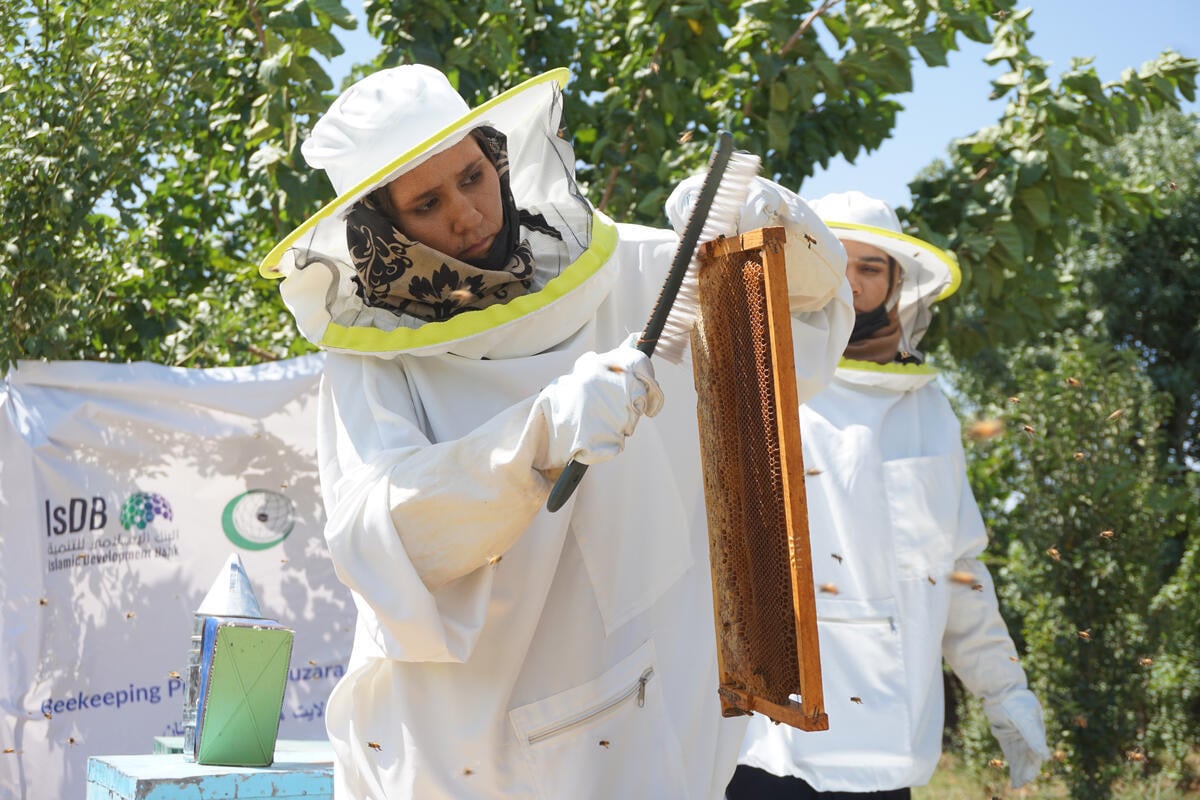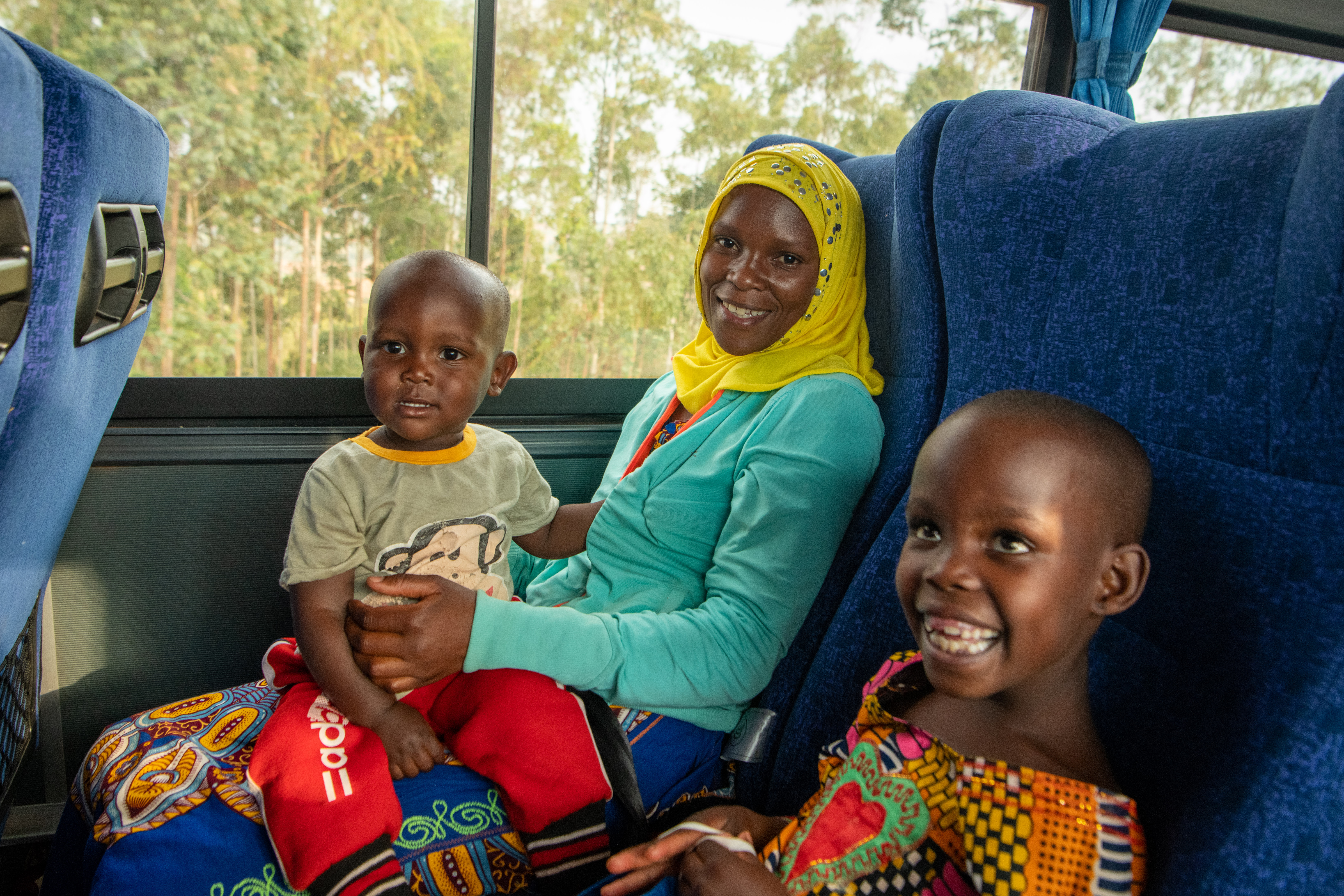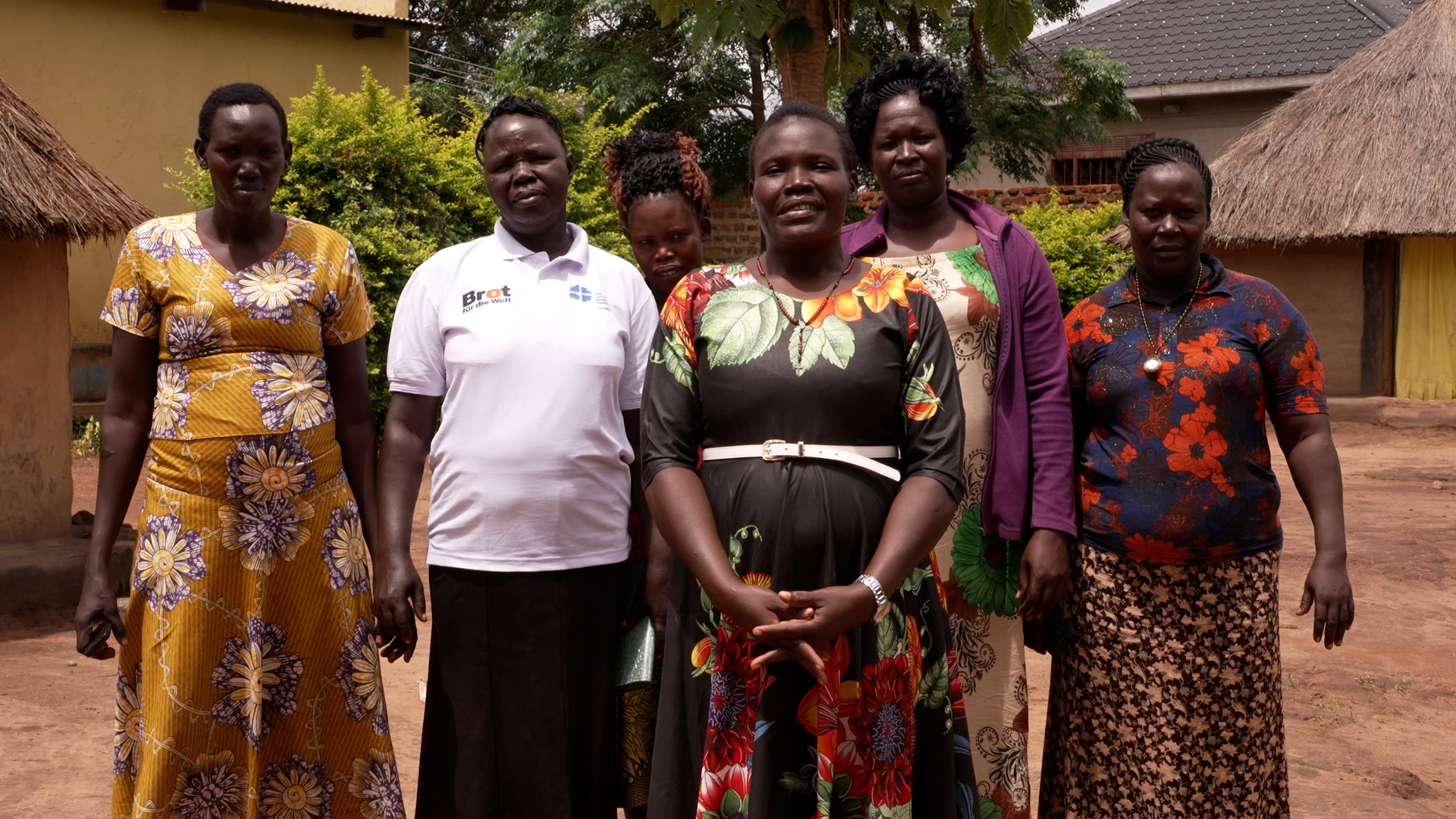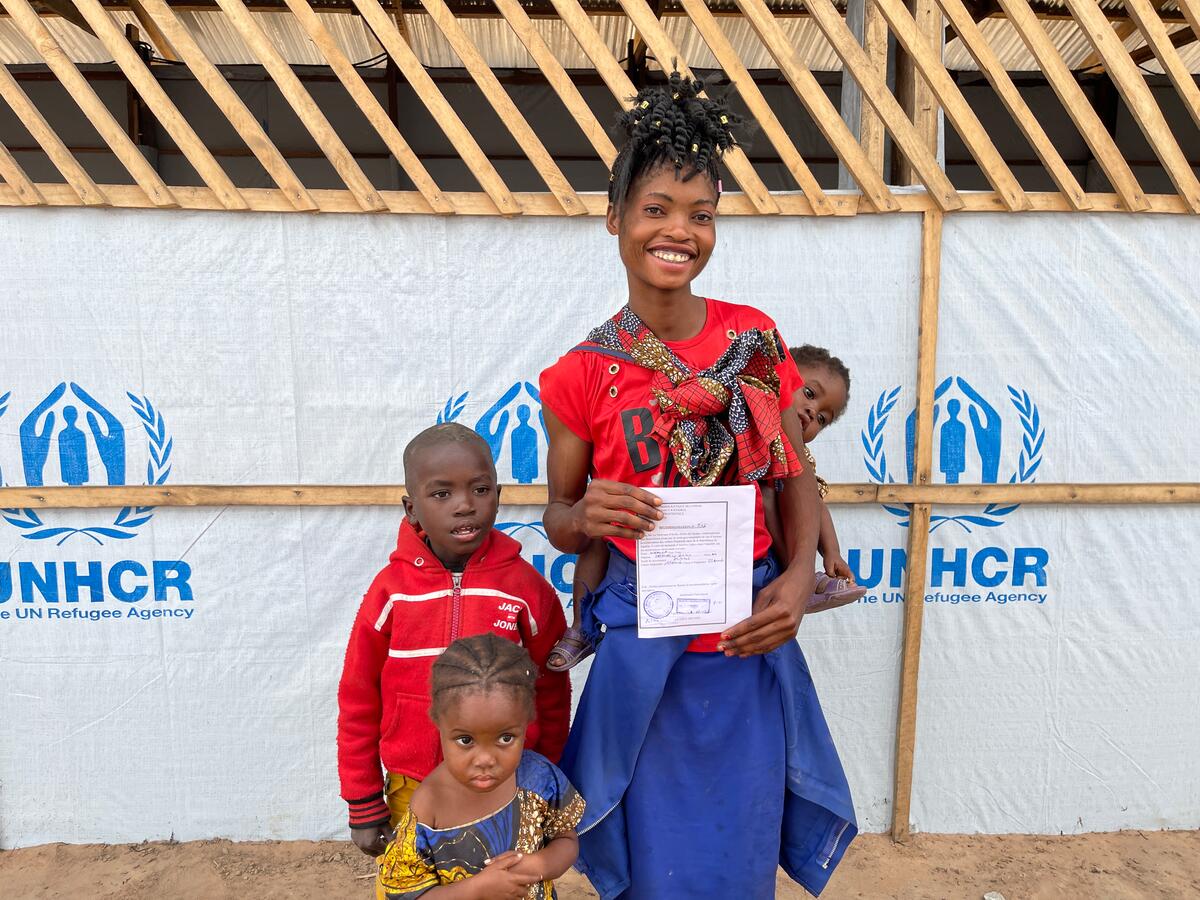Afghanistan at the crossroads: Afghans return home to live under tents
Afghanistan at the crossroads: Afghans return home to live under tents
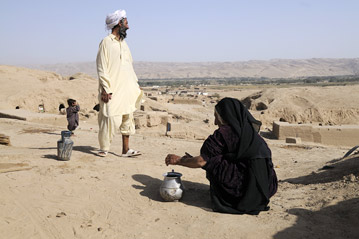
SHOLGARA, Afghanistan, November 17 (UNHCR) - The refugee label sticks. After 23 years of exile in Pakistan, Qayum and his family returned home to northern Afghanistan six months ago. But even today, they are seen as outsiders and the place they live in is known as Mohajir Qeshlaq, or "refugee village," in the local Dari language.
It's clear that Qayum and the 150-odd ethnic Pashtun families that returned with him don't fit easily into the social fabric of Sholgara district of Balkh province in northern Afghanistan. Traditionally nomads who roamed the area with their livestock, they lost their ancestral land when they sought refuge in Pakistan's Jalozai refugee village in the 1980s.
Before Jalozai was closed this year, they negotiated to buy a piece of land in Sholgara district. But when they tried to return there at the end of May, the local tribe protested and stopped them from unloading their trucks.
Eventually, the provincial authorities moved them to their current site at Mohajir Qeshlaq near the district centre of Sholgara, against the protests of the ethnic Uzbeks and Arabs nearby. But ethnic tensions are not the only problem.
"In Pakistan, people said there's peace in Afghanistan," says Qayum, 35, as he sits with his mother, wife and five children under a UNHCR tent at Mohajir Qeshlaq. "But when we came back, there was no land and no water. My children used to attend school in Pakistan, but here it's difficult to go to school if we have no identity card."
The government has promised them this piece of land, but until individual plots can be demarcated and distributed, no one can build any permanent structures. The UN refugee agency and its partners have distributed emergency food and relief items to needy families, but it is too late in the year to start building shelters as there is not enough sun to dry the bricks and walls.
There is also insufficient water to meet basic needs. Every day, the government sends several water tankers to the site. Qayum's children fill jerry cans and bring the water back to the tent for washing and cooking. The youngest girl, Aziza, struggles to carry more than her own weight. Even then, they often have to walk two hours to fetch more water from the Sholgara River.
The only jobs available are in the corn fields nearby. Qayum's is one of the few lucky families to find work there. Son Hakeem, 11, cuts and collects bushels of corn from the field for 100 Afghanis (US$2) a day. His father and sister Mastura, nine, clean the ears one by one. They are not paid for this, but are given one corn for every 20 they clean.
Lunch is boiled corn and weak tea in the tent they call home. Qayum allocates two cobs per person, and picks at his own kernel by kernel, salting them liberally for flavour. His 70-year-old mother is noticeably absent.
"Ramadan is over, but I am still fasting," she says later, explaining how she copes with the food shortage. But that doesn't stop her from working: "They give me wool from the market and I spin it into thread. It takes me five to six days to make one kilo of yarn and I get 40 Afghanis [80 cents] for it."
In Pakistan, Qayum and his eldest son Akhtar had worked as brick makers while Qayum's wife and mother did tailoring and quilting at home. "The salary was much better in Pakistan," Akhtar sighs. "We used to work from dawn to dusk in the brick factories, making 300-400 rupees [under US$5] a day."
In fact, he returned to Pakistan soon after repatriating in May. "I joined a group and went back to work in a brick factory near Jalozai. We lived in the factory's compound but were stopped by the police for not having documents. I made good money in two or three months."
At the young age of 15, Akhtar has joined a wave of able-bodied men leaving rural Afghanistan to find jobs elsewhere. Poverty and the lack of livelihood opportunities are driving many to return to their former host countries of Pakistan and Iran, often as undocumented workers subject to arrest and deportation.
Asked if he planned to go back to Pakistan again, he cited police harassment as a deterrent. "I plan to go to Kabul, I hear they're calling for brick workers there. I'll rest for a few days. I know once I start, it will be hard work."
His family will be sad to see him go, but they have a more pressing concern on their minds. "People tell us it's going to be a harsh winter," says Qayum. "We haven't experienced winter in 23 years; it was much warmer in Pakistan. The clothes we have are not enough. And we have no blankets."
UNHCR will provide winterization supplies to help them through the coming months. Once the land issue is resolved, the agency will also dig wells and provide two-room shelter assistance to the most vulnerable families at Mohajir Qeshlaq. But it will take more than just land and shelter to turn this "refugee village" into something these returnees can truly call home.
This Wednesday, UNHCR and the Afghan government will jointly hold a high-level Kabul international conference on return and reintegration to explore ways to ensure sustainable return for people like Qayum and his family.
By Vivian Tan in Sholgara, Afghanistan

